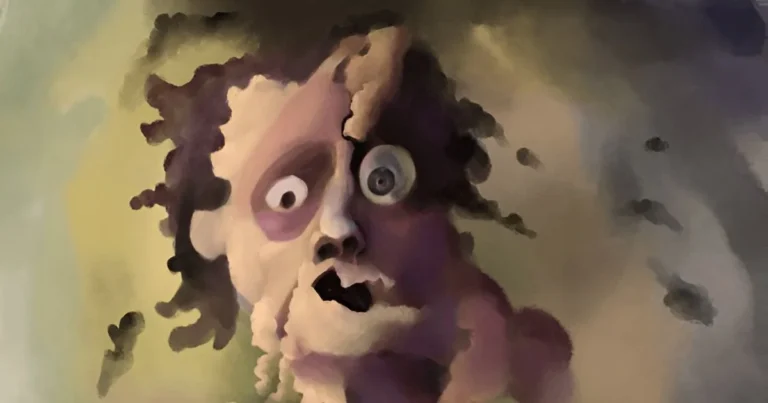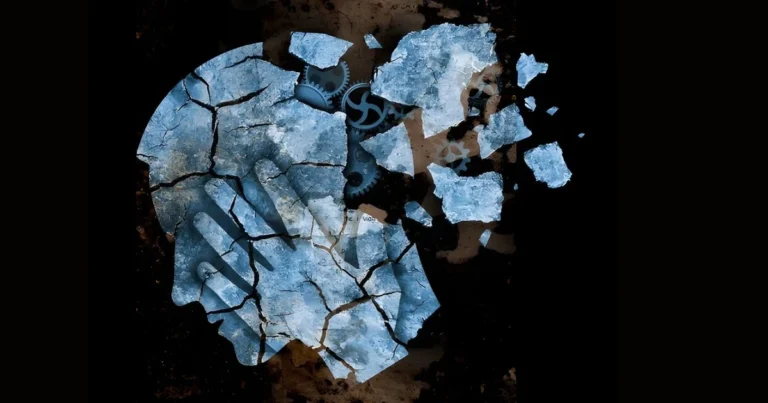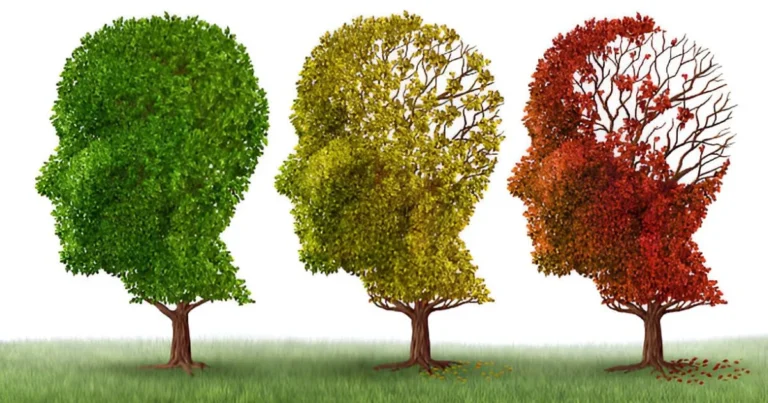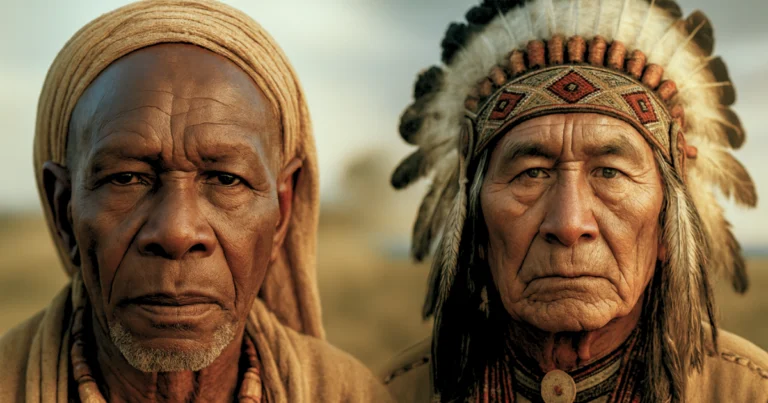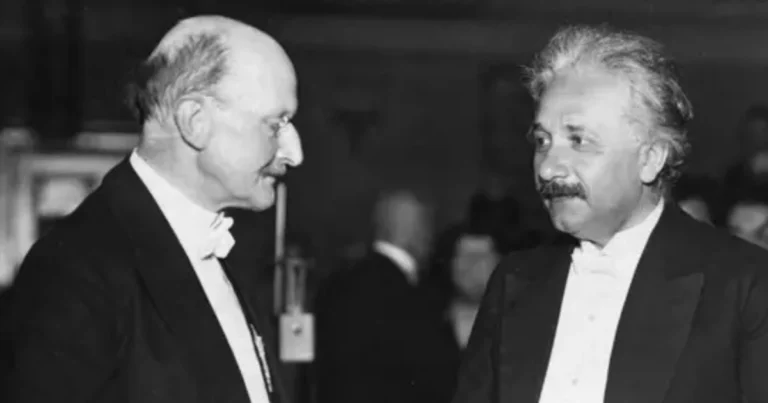Prosopometamorphopsia: The Bbain that blurs faces
His name is A.D., 59 years old. A right-handed man with no remarkable medical history, fully autonomous, no psychiatric scars or developmental concerns. Just an ordinary individual until one day, something quietly unraveled behind the curtain of appearances. Since a minor stroke, faces have changed in nature. Every time he sees one, a strange asymmetry…

